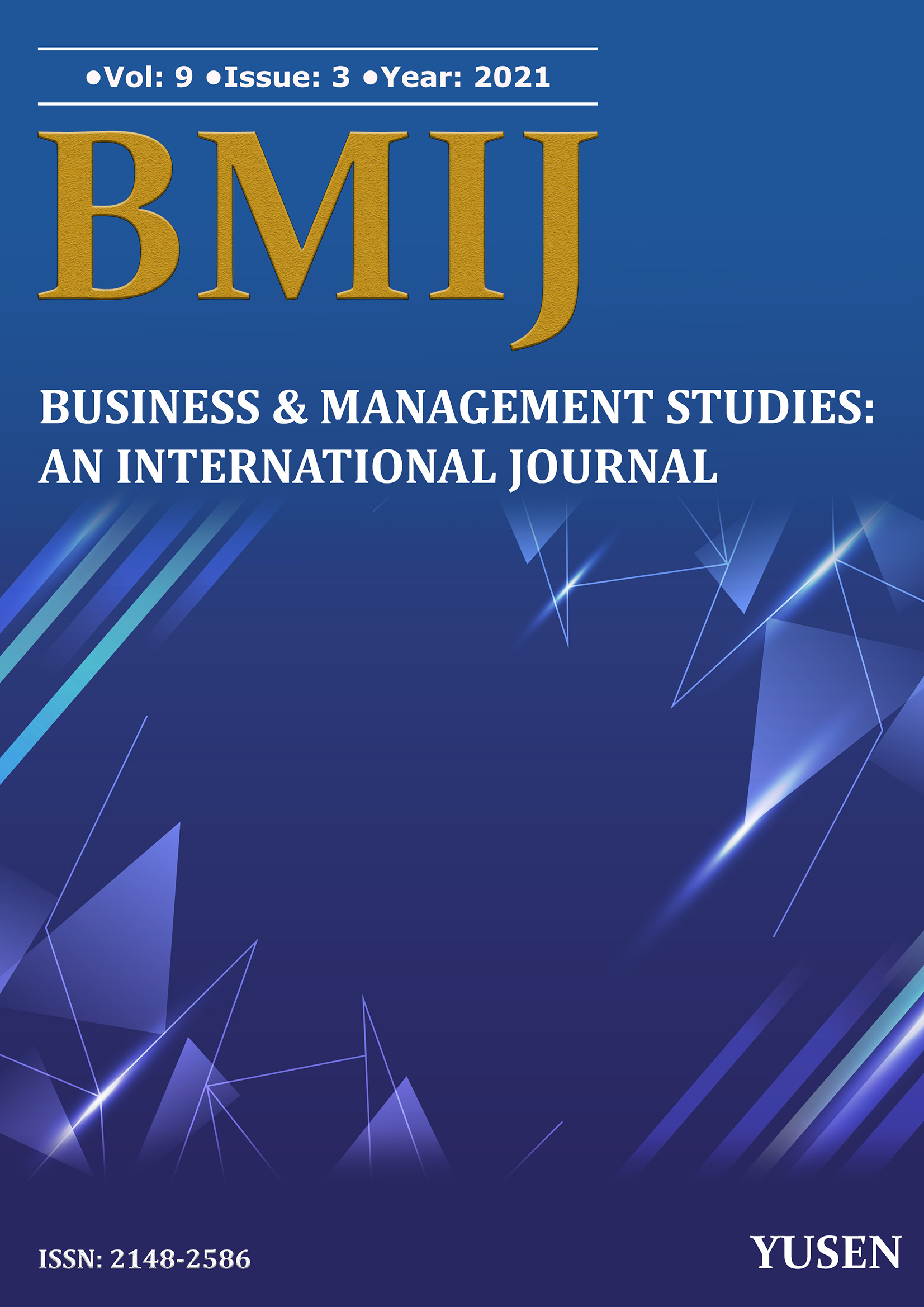The relationship between defence expenditures and economic growth in MINT countries: A panel causality analysis

Published 2021-09-24
Keywords
- Savunma Harcamaları,
- Büyüme,
- Panel Nedensellik Analizi,
- MINT Ülkeleri
- Defence Expenditures,
- Growth,
- Panel Causality Analysis,
- MINT Countries
How to Cite
Copyright (c) 2021 Selim Demez- İbrahim Halil Polat

This work is licensed under a Creative Commons Attribution-NonCommercial-NoDerivatives 4.0 International License.
How to Cite
Abstract
All countries have to spend on defence to ensure their internal and external security. These expenditures are like public expenditures, and their effect on output is a subject that is highly emphasized in the economic literature. Because these expenditures are not precisely the expenditures made to increase the welfare of the individuals in the society, but tax revenues finance them. This study tested the relationship between defence expenditures and economic growth for MINT countries (Mexico, Indonesia, Nigeria and Turkey) between 1974 and 2019 by Emirmahmutoğlu and Köse (2011) heterogeneous panel causality analysis. According to the test results, there is bidirectional causality between growth and defence expenditures in Mexico. In Turkey, on the other hand, a one-way causality relationship was found from defence expenditures to growth. For the panel in general, there is a unidirectional causality running from defence expenditures to growth. Therefore, It can be said that the hypothesis that defence expenditures positively affect economic growth in MINT countries is valid. In Indonesia and Nigeria, the neutrality hypothesis is valid.
References
- aaaaaaaaaaaaaaaaa



